Reformist candidate Masoud Pezeshkian has emerged victorious in Iran’s presidential runoff election, defeating hard-liner Saeed Jalili with a promise to reach out to the West and ease enforcement of the country’s mandatory headscarf law. The 69-year-old heart surgeon and longtime lawmaker secured 16.3 million votes compared to Jalili’s 13.5 million in Friday’s election, marking a significant shift in Iranian politics.
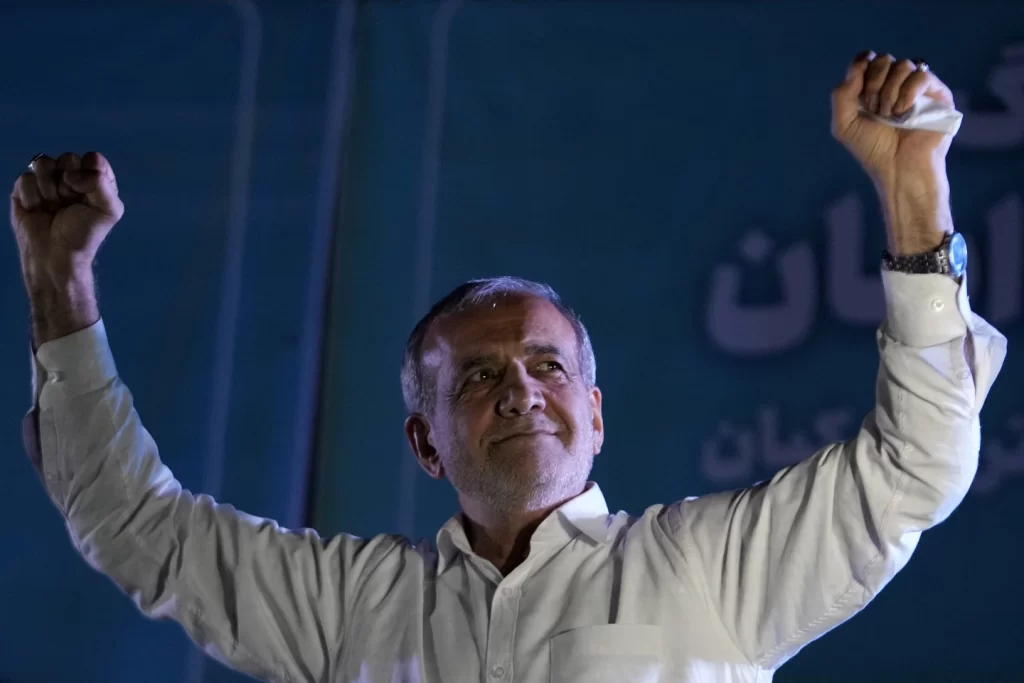
Pezeshkian’s campaign focused on addressing years of economic sanctions and recent protests that have strained the Islamic Republic. While he has not proposed radical changes to Iran’s Shiite theocracy and maintains Supreme Leader Ayatollah Ali Khamenei as the final authority, his victory represents a desire for reform among Iranian voters.
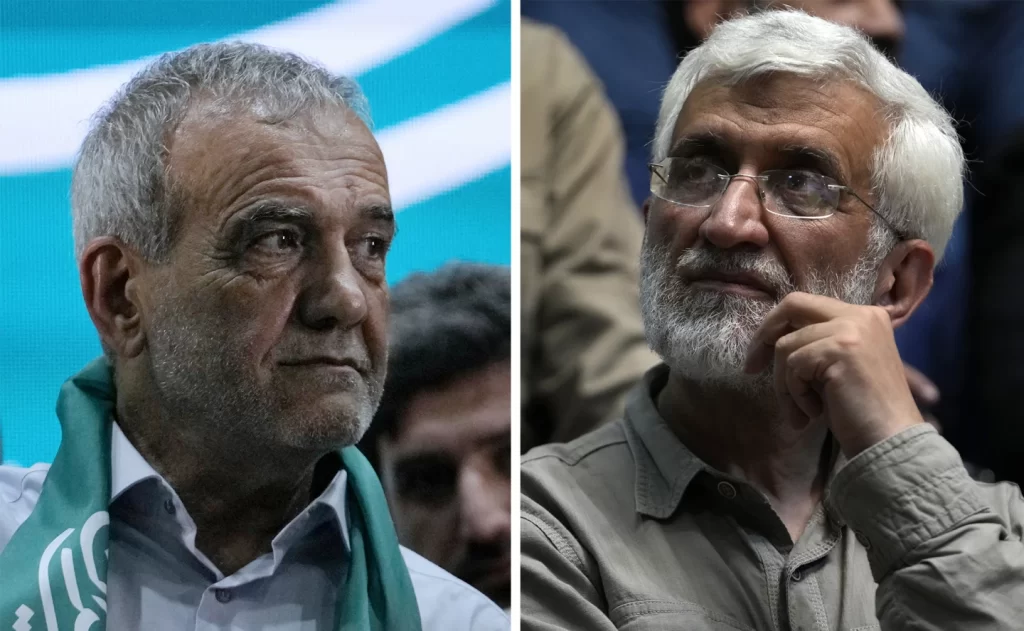
The president-elect’s moderate stance was evident in his response to the 2022 death of Mahsa Amini, where he criticized the arrest of women for hijab violations. His comments during the campaign highlighted the need for change, acknowledging public discontent over economic issues, treatment of women, and internet censorship.
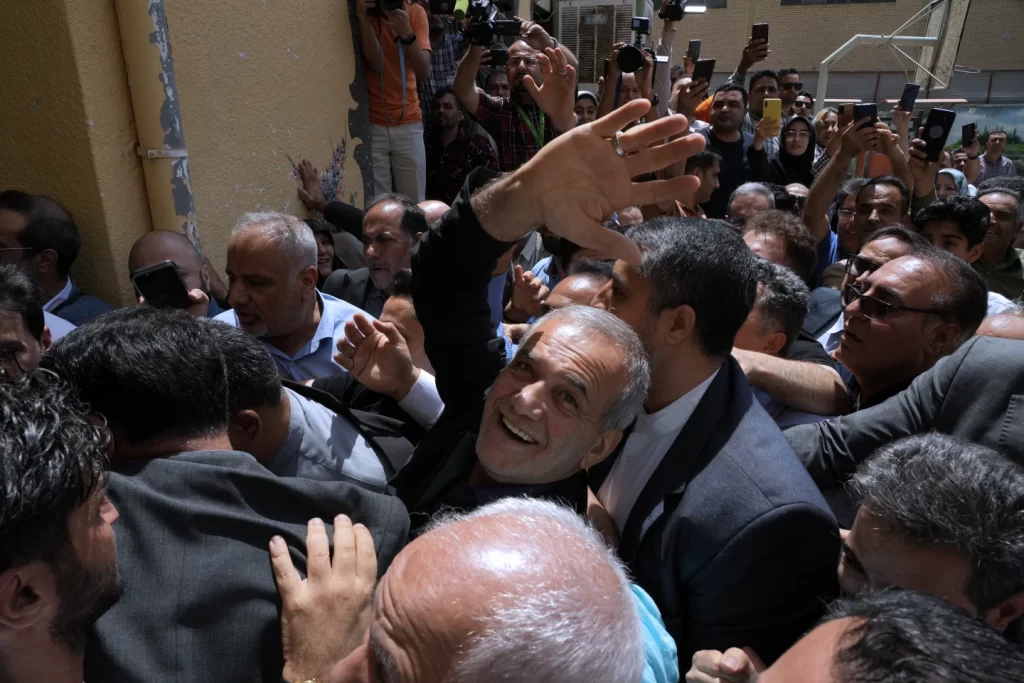
However, Pezeshkian faces significant challenges as he prepares to take office. These include:
1. A government still largely controlled by hard-liners
2. The ongoing Israel-Hamas conflict in Gaza
3. Western concerns over Iran’s uranium enrichment program
4. The lowest voter turnout in Iran’s history during the initial election
Pezeshkian’s alignment with other moderate and reformist figures, including former Foreign Minister Mohammad Javad Zarif, suggests a potential return to diplomatic engagement. Zarif was instrumental in negotiating the 2015 nuclear deal with world powers, which saw sanctions lifted in exchange for limitations on Iran’s nuclear program.
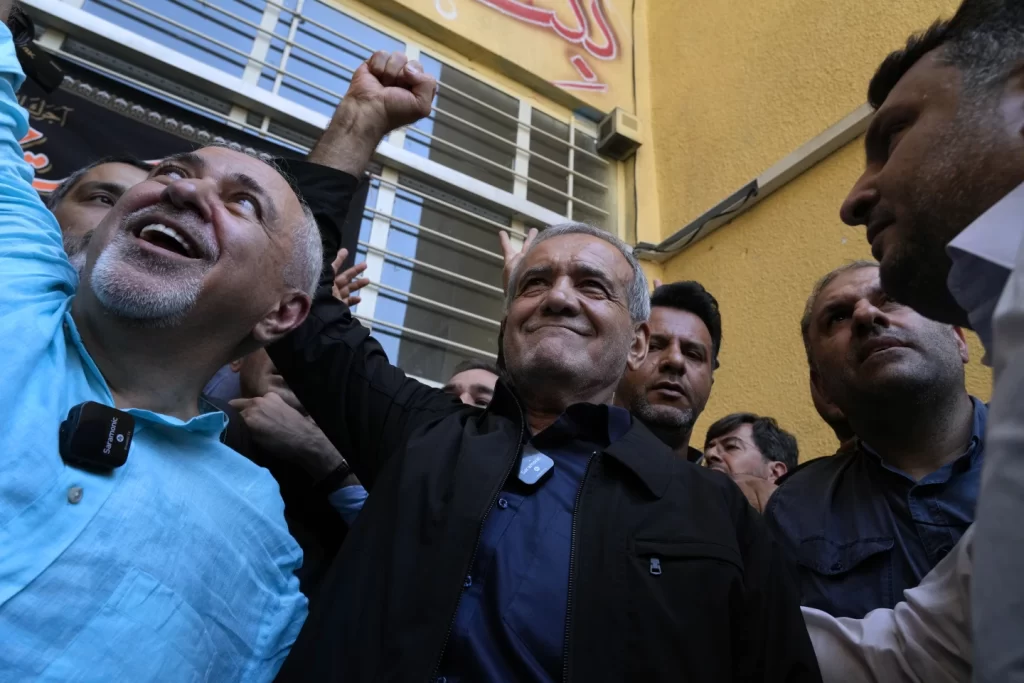
The new president-elect must now work to convince a skeptical public that he can deliver on his promises of change. His victory reflects a desire among Iranians for a different approach to both domestic and international issues, but the constraints of Iran’s political system and external pressures will test Pezeshkian’s ability to implement reforms.
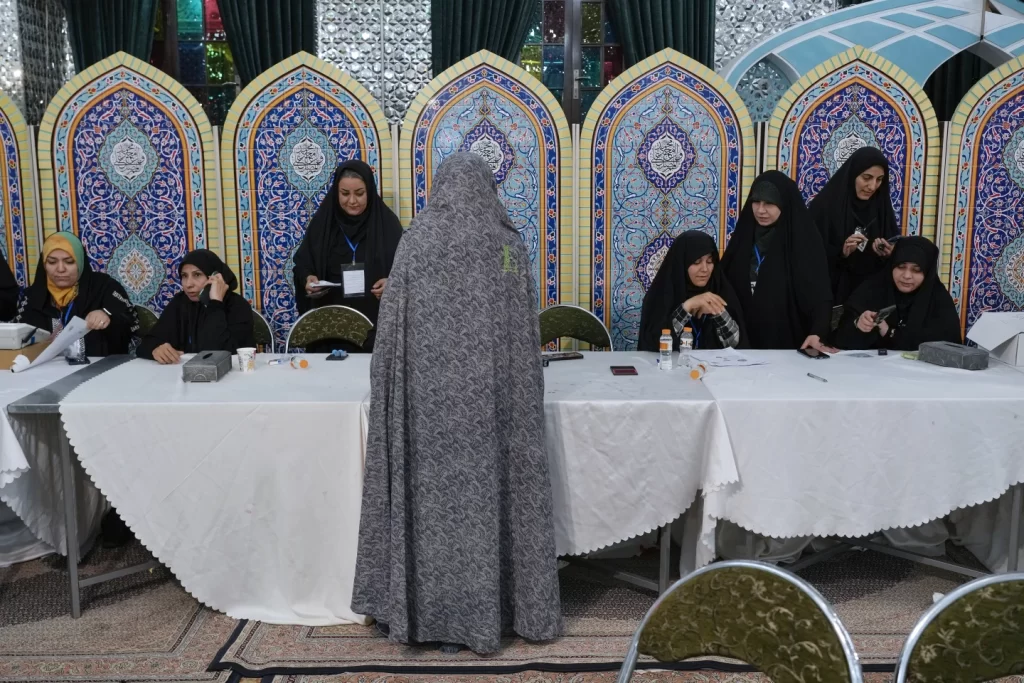
As Iran enters this new political era, the international community will be watching closely to see how Pezeshkian navigates the complex landscape of Iranian politics and diplomacy. His presidency could potentially mark a shift in Iran’s relationship with the West and its approach to internal social issues, though the extent of this change remains to be seen.
Credit: AP


